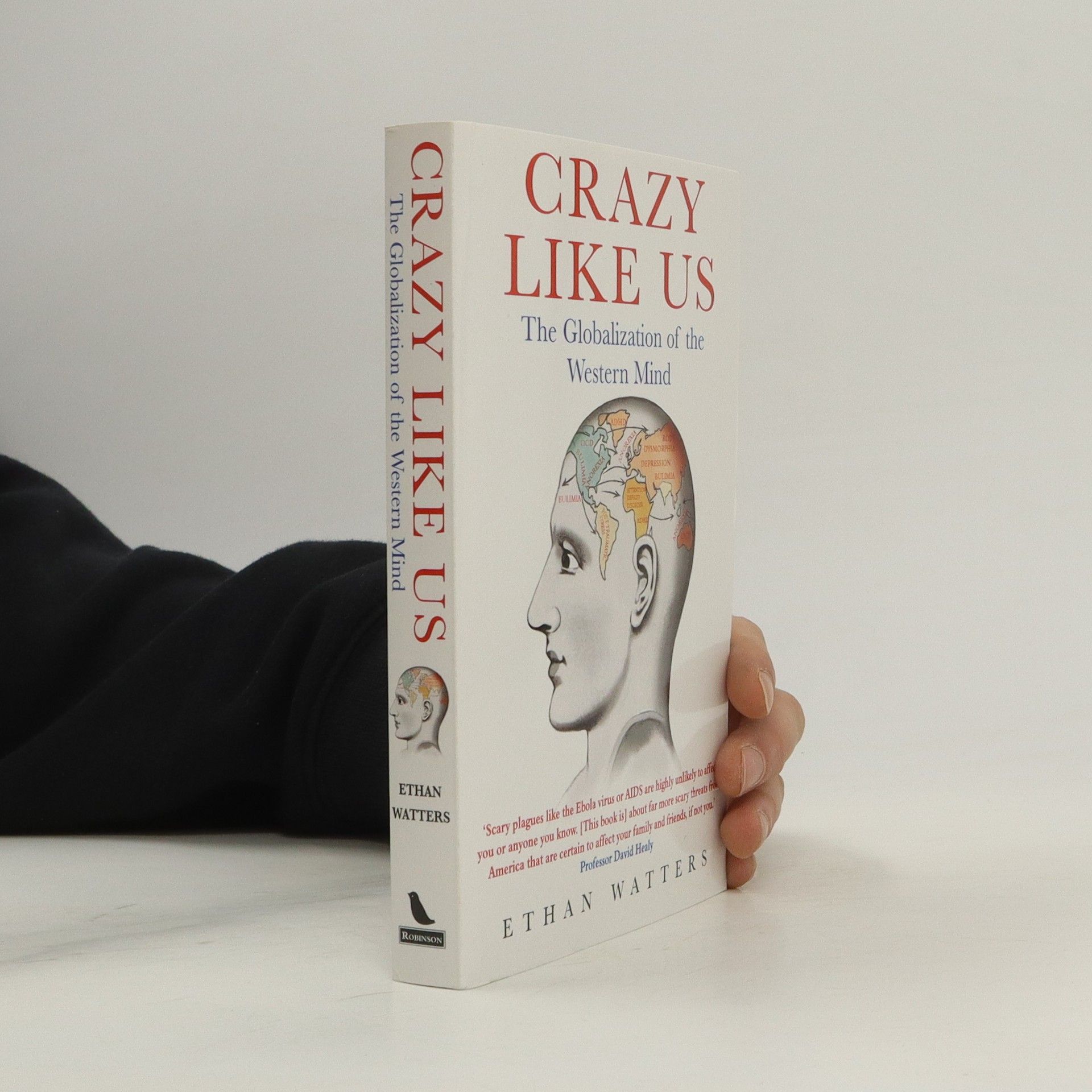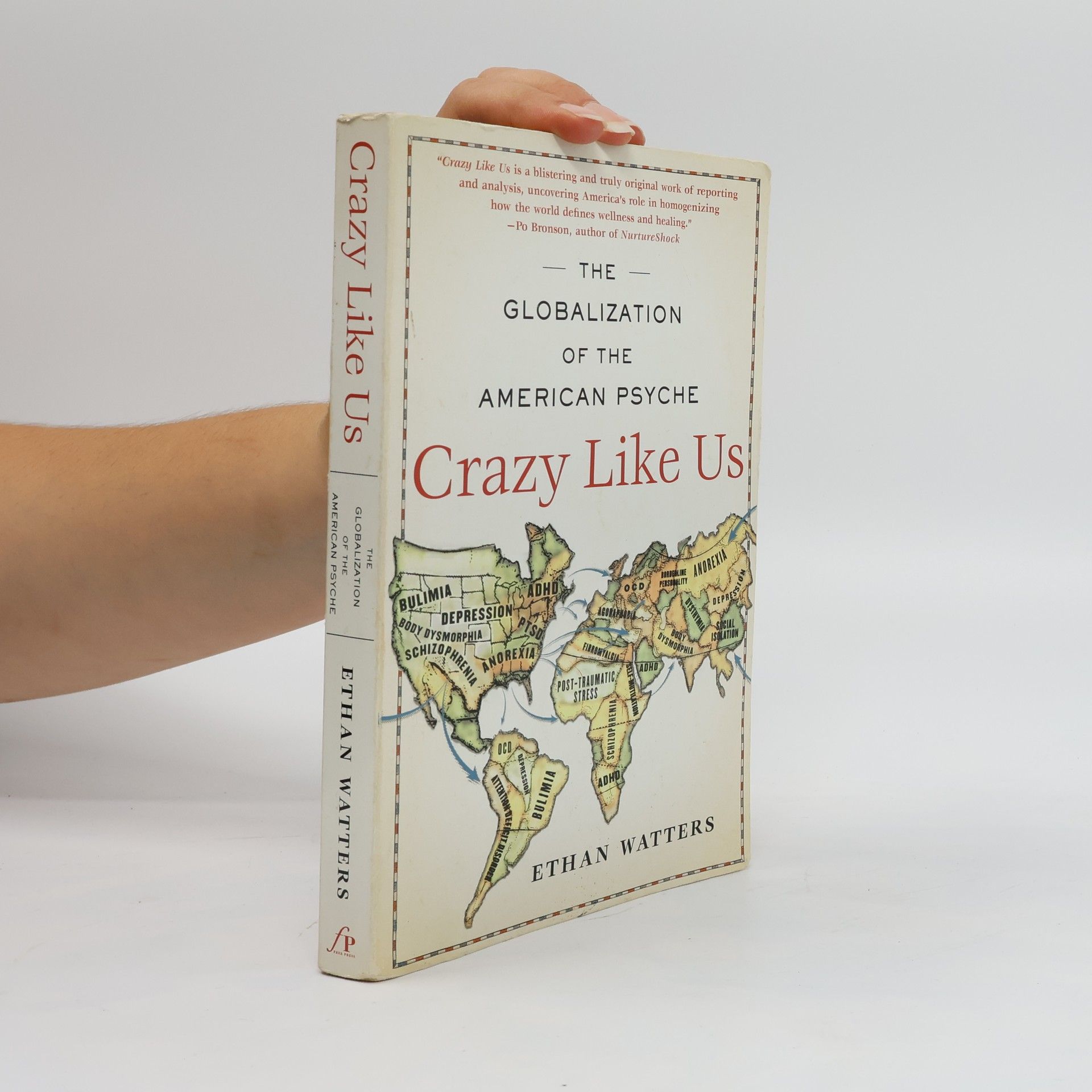Crazy Like Us
- 320pages
- 12 heures de lecture
“A blistering and truly original work of reporting and analysis, uncovering America’s role in homogenizing how the world defines wellness and healing” (Po Bronson). In Crazy Like Us, Ethan Watters reveals that the most devastating consequence of the spread of American culture has not been our golden arches or our bomb craters but our bulldozing of the human psyche itself: We are in the process of homogenizing the way the world goes mad. It is well known that American culture is a dominant force at home and abroad; our exportation of everything from movies to junk food is a well-documented phenomenon. But is it possible America's most troubling impact on the globalizing world has yet to be accounted for? American-style depression, post-traumatic stress disorder, and anorexia have begun to spread around the world like contagions, and the virus is us. Traveling from Hong Kong to Sri Lanka to Zanzibar to Japan, acclaimed journalist Ethan Watters witnesses firsthand how Western healers often steamroll indigenous expressions of mental health and madness and replace them with our own. In teaching the rest of the world to think like us, we have been homogenizing the way the world goes mad.


